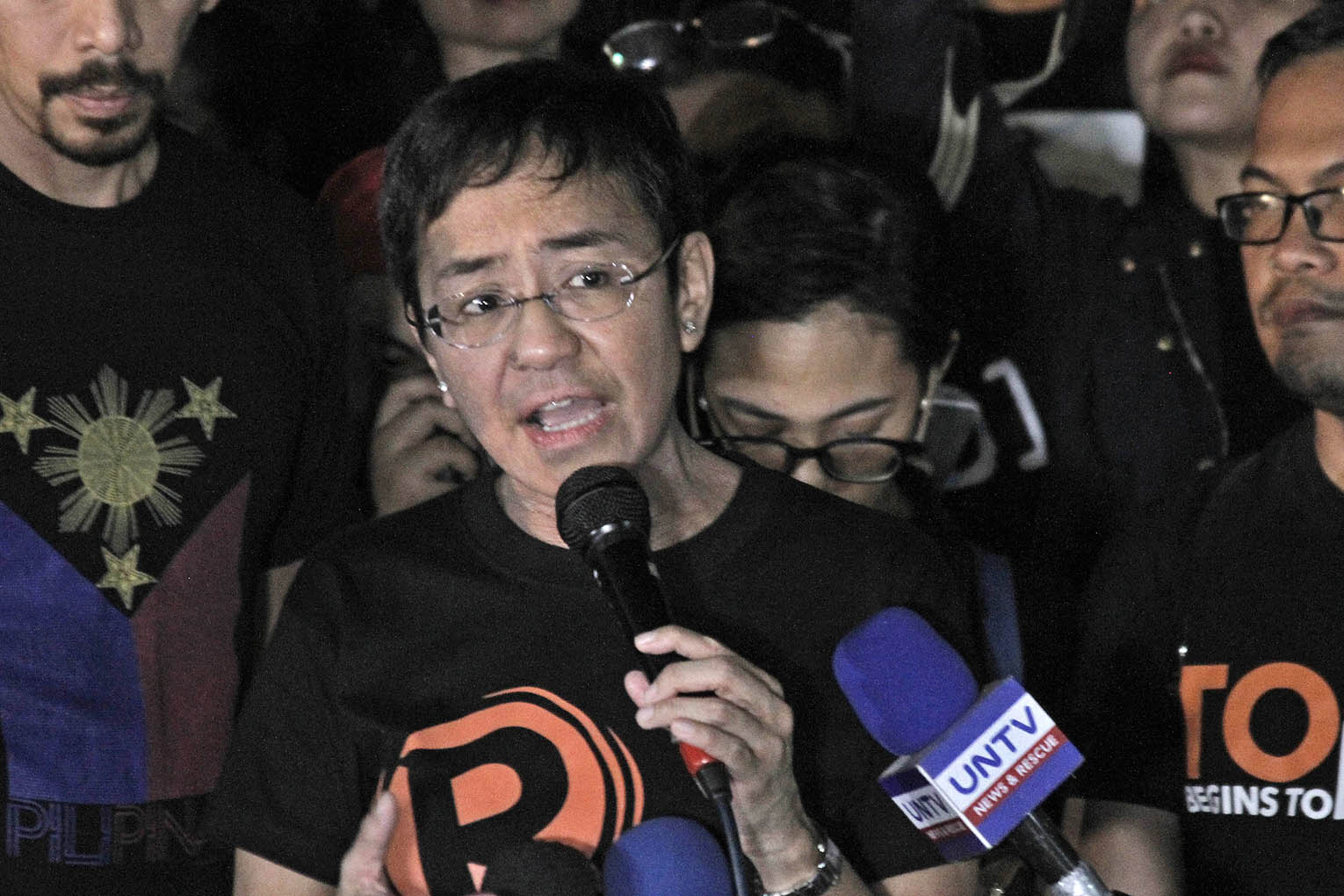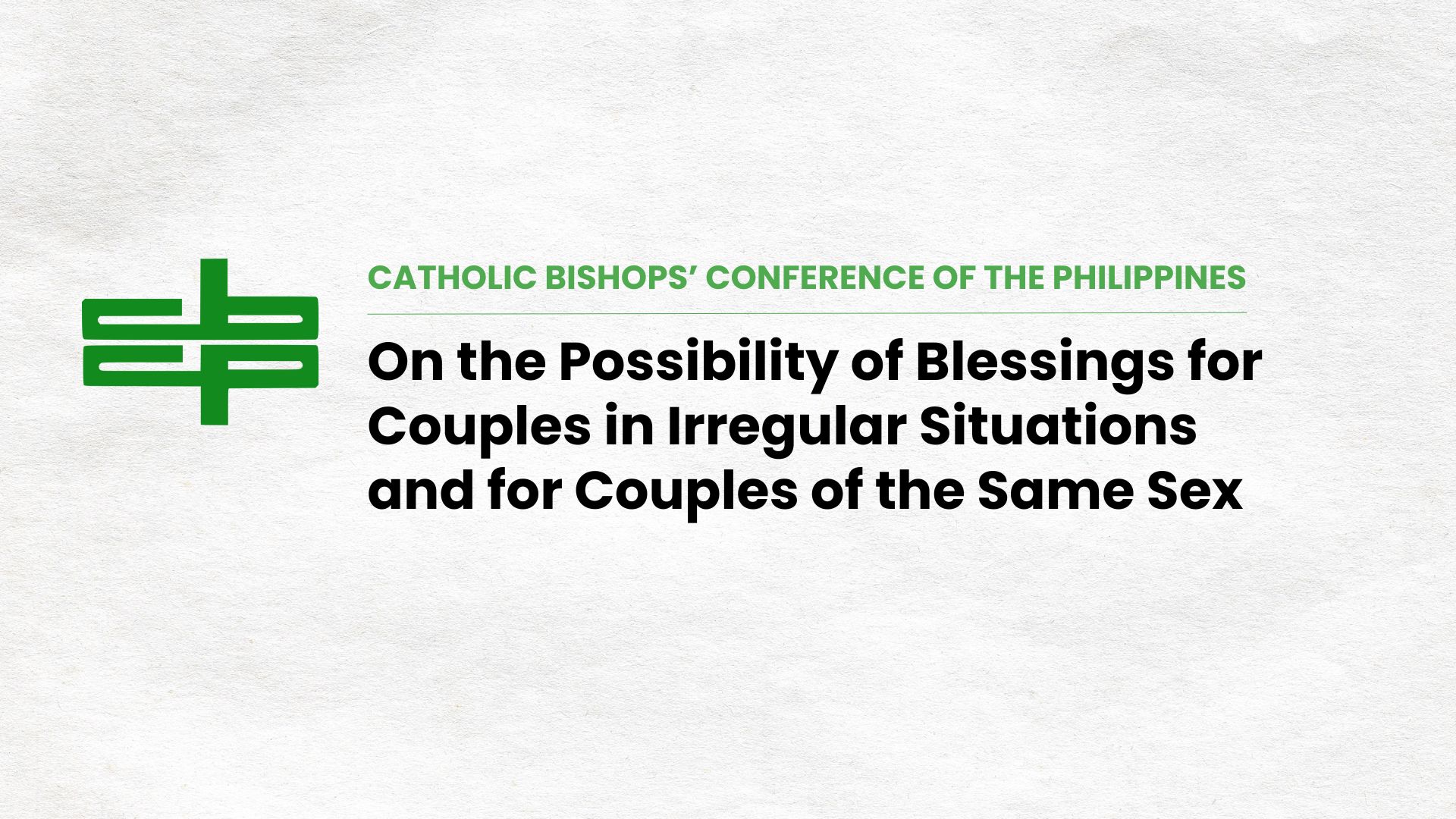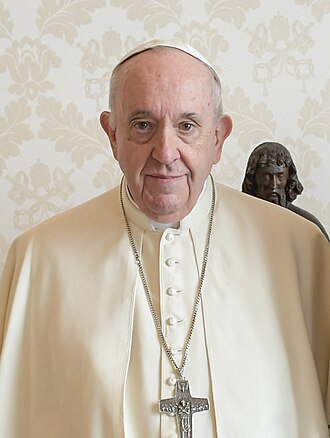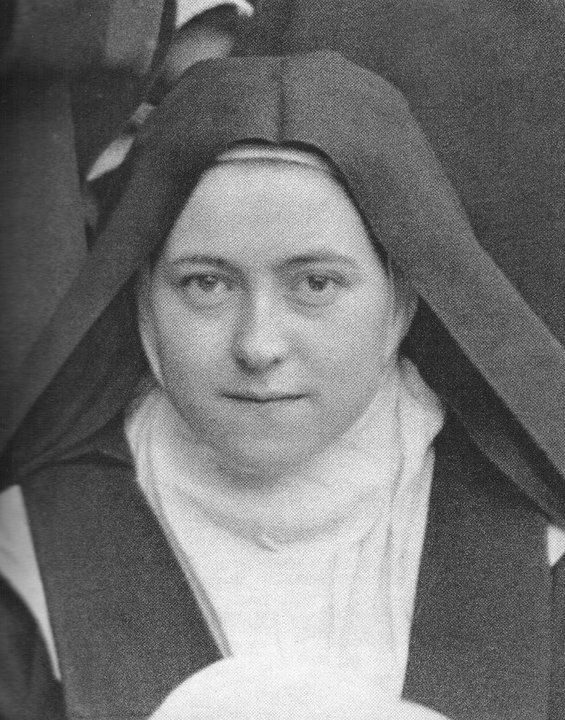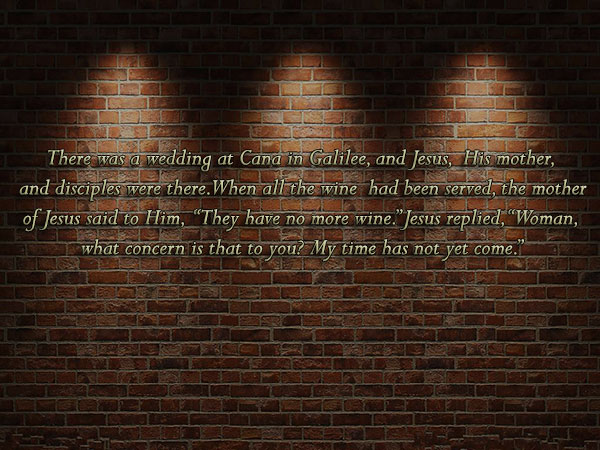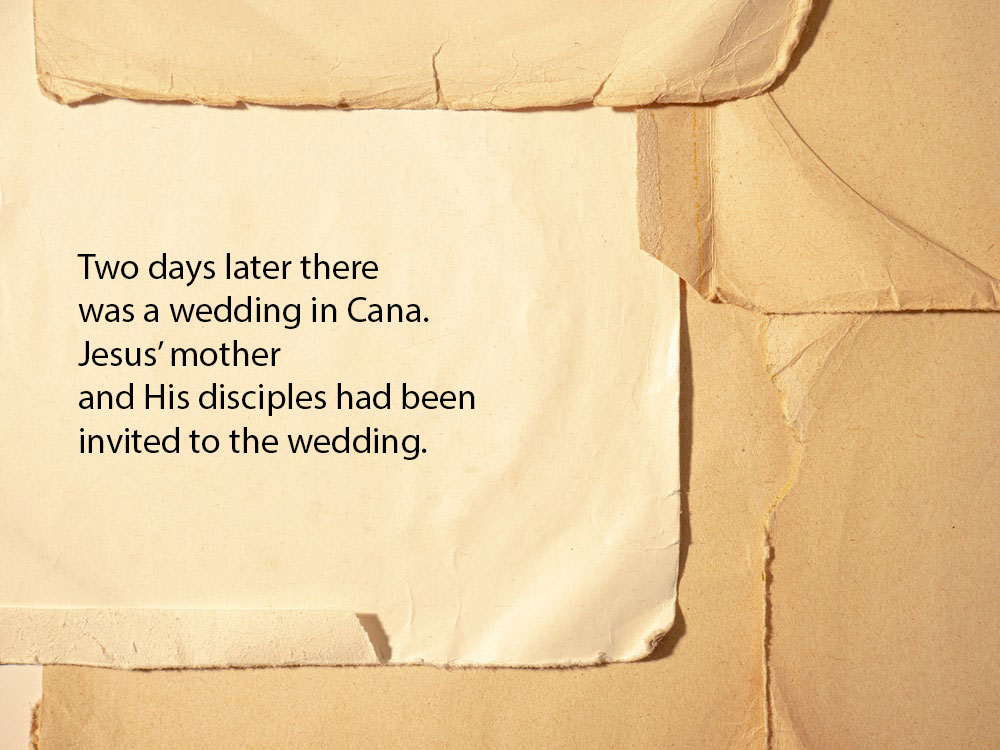By Catholic News Agency (10/9/21)
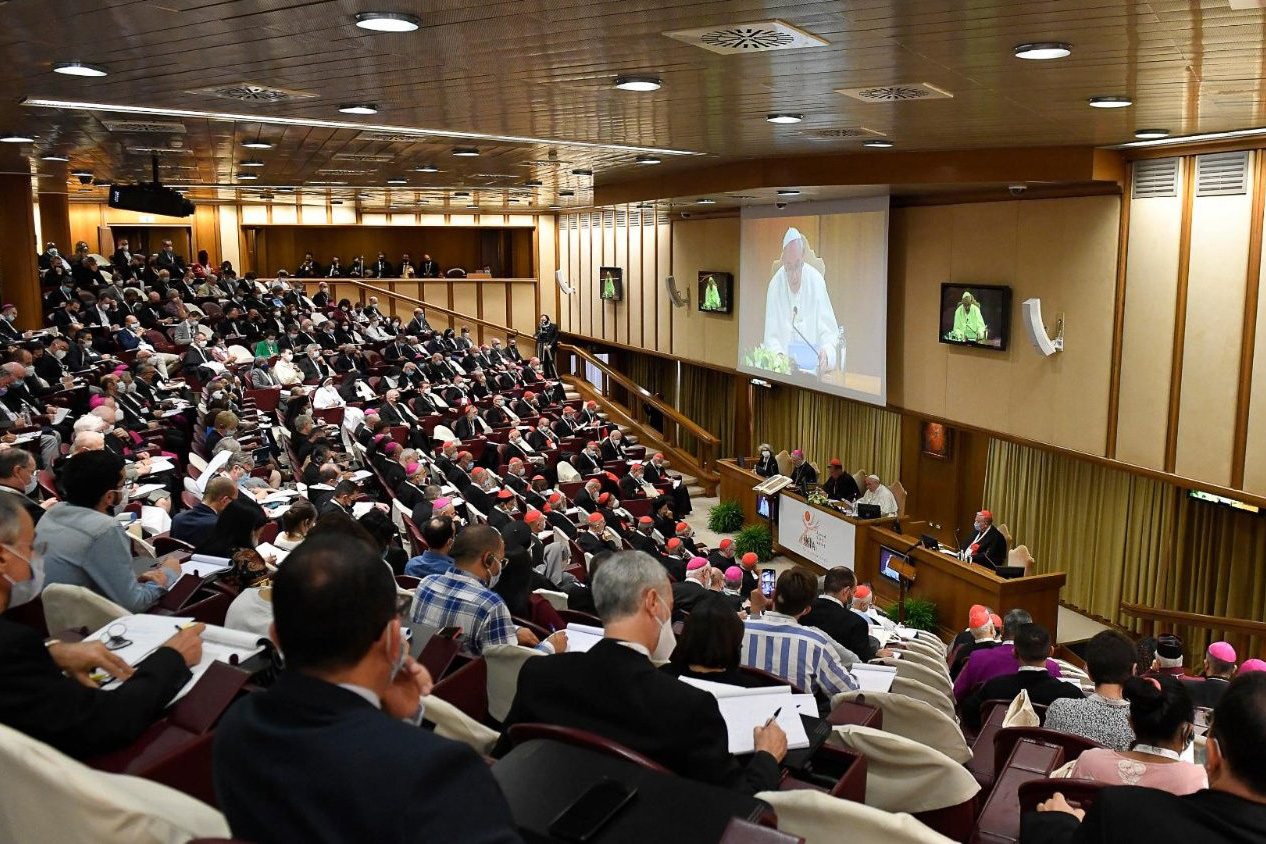
VATICAN— Pope Francis urged Catholics on Saturday to be conscious of three “risks” as they embark on the path to the 2023 synod on synodality.
Speaking at an event marking the opening of the two-year process leading to the synod on Oct. 9, the pope said that proceedings could be impeded by “formalism,” “intellectualism,” and “the temptation of complacency.”
Addressing the first risk, he said: “If we want to speak of a synodal Church, we cannot remain satisfied with appearances alone; we need content, means, and structures that can facilitate dialogue and interaction within the People of God, especially between priests and laity.”
“Why do I emphasize this? Because sometimes there is some elitism in the presbyteral order that makes it detached from the laity; and the priest ultimately becomes the ‘master of the house’ and not the shepherd of a whole Church that is moving forward.”
“This requires changing certain overly vertical, distorted and partial visions of the Church, the priestly ministry, the role of the laity, ecclesial responsibilities, roles of governance and so forth.”
Turning to the second risk, he cautioned that the synod “could turn into a kind of study group,” losing itself in abstraction.
He said that the process would then consist of “the usual people saying the usual things, without great depth or spiritual insight, and ending up along familiar and unfruitful ideological and partisan divides, far removed from the reality of the holy People of God and the concrete life of communities around the world.”
The final risk, he said, was to adopt an attitude that “We have always done it this way.”
“Those who think this way, perhaps without even realizing it, make the mistake of not taking seriously the times in which we are living,” he commented.
“The danger, in the end, is to apply old solutions to new problems. A patch of rough cloth that ends up creating a worse tear.”
“It is important that the synodal process be exactly this: a process of becoming, a process that involves the local Churches, in different phases and from the bottom up, in an exciting and engaging effort that can forge a style of communion and participation directed to mission.”
The pope was speaking at a live-streamed “moment of reflection” for the opening of the synodal path at the Vatican’s New Synod Hall.
The event was the first of two major weekend events, to be followed by a papal Mass on Sunday formally opening the two-year global consultation process.
The Vatican announced in May that the synod on synodality would open with a diocesan phase lasting from October 2021 to April 2022.
A second, continental phase will take place from September 2022 to March 2023.
The third, universal phase will begin with the XVI Ordinary General Assembly of the Synod of Bishops, dedicated to the theme “For a Synodal Church: Communion, Participation, and Mission,” at the Vatican in October 2023.
In September, the Vatican released a preparatory document and handbook encouraging dioceses to consult all the baptized, including those no longer participating in Church life.
In his address, the pope acknowledged the challenge of involving everyone in the process.
But he said: “Without real participation by the People of God, talk about communion risks remaining a devout wish.”
“In this regard, we have taken some steps forward, but a certain difficulty remains and we must acknowledge the frustration and impatience felt by many pastoral workers, members of diocesan and parish consultative bodies and women, who frequently remain on the fringes.”
“Enabling everyone to participate is an essential ecclesial duty!”
The event began with the enthronement and proclamation of the Word of God, featuring a reading from Revelation 1:9-20.
The pope spoke after meditations by Fr. Paul Béré, S.J., from Burkina Faso, and Cristina Inogés Sanz, from Spain.
After the papal address, Cardinal Jean-Claude Hollerich, S.J., the synod’s relator general, described the synodal process as a “moment of discernment.”
He said: “Let us pray for true communion. Communion with God, Father, Son and Holy Spirit, opens us to the communion of the Church.”
“Communion with God, Father, Son and Holy Spirit, will prevent us from turning the synod into a political debate where each one fights for his own agenda.”
“This is why our path will lead to a phase in which our pope will draw conclusions based on the final document of the Synod of Bishops, which will be the fruit of all this process of listening and discernment.”
Speakers that followed included Sr. Donna Ciangio, of the Dominican Sisters of Caldwell, who has served as chancellor of Newark archdiocese, in northeastern New Jersey, since 2018.
She explained that the archdiocese has asked parish pastoral counselors to conduct listening sessions as part of the synodal process.
“We feel this is a great opportunity for them to listen to all in the parish, as well as those on the margins, and also Catholics who have left the faith,” she said.
“My hope for the listening sessions for the synod is that we will listen deeply to what the Holy Spirit is asking of the Church for the 21st century.”
She continued: “Many people will be energized by thoughtful and honest conversations. They will talk about the spiritual aspects of the faith that formed their lives, and they will discuss the aspects of the Church that need renewal and change.”
“My hope is that our bishops will listen carefully to what people discern as needed change for the Church of our time, so that the mission of Christ continues with strength and courage.”
The event also heard from Archbishop Lazarus You Heung-sik, the new prefect of the Congregation for the Clergy, who described how he grew up in South Korea in a family without religious faith.
“I went to middle school and high school in a Catholic school, which bore the name of our martyr Andrew Kim Taegon. He was the first Korean priest and gave his life for others. His testimony attracted me a lot,” he said.
“I was baptized on Christmas Eve 1966. I was 16 years old. I was the first Christian in my family.”
He explained that after his priestly ordination and appointment as a bishop, he decided to hold a diocesan synod.
“It was a great grace, because it made us experience the beauty of walking together. And it was also an antidote to clericalism,” he noted.
The final address was delivered by Cardinal Mario Grech, the secretary general of the Synod of Bishops.
The Maltese cardinal explained that the synod’s preparatory document and handbook were not intended to “pre-establish the conditions of the path or dictate the way, obliging the Church to follow a path established in advance.”
They were instead “signs,” rather than “a road,” indicating the direction of the synodal process.
He raised questions about how the assembly of the Synod of Bishops in 2023 should be conducted. He asked whether voting was always the best way to establish consensus among participants.
He said: “Is it so impossible to imagine, for example, to resort to voting on the final document and its individual items only when consensus is not certain?”
“Is it not enough to foresee reasoned objections to the text, perhaps signed by a suitable number of members of the assembly, resolved with an additional discussion, and have recourse to the vote as a last resort?”
“I limit myself to these few questions, not to give a solution, but to point out a problem on which we must carefully reflect.”
He also suggested that the assembly might decide not to submit its final document immediately to the pope, but to send it instead to dioceses around the world.
“In this case, the final document would reach the Bishop of Rome, who has always been recognized by all as the one who issues the decrees established by councils and synods, already accompanied by the consensus of all the Churches,” he said.
Pope Francis ended his address with a prayer to the Holy Spirit.
He said: “Come, Holy Spirit! You inspire new tongues and place words of life on our lips: keep us from becoming a ‘museum Church,’ beautiful but mute, with much past and little future.”
“Come among us, so that in this synodal experience we will not lose our enthusiasm, dilute the power of prophecy, or descend into useless and unproductive discussions.”
“Come, Spirit of love, open our hearts to hear your voice! Come, Spirit of holiness, renew the holy faithful People of God! Come, Creator Spirit, renew the face of the earth!”



